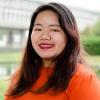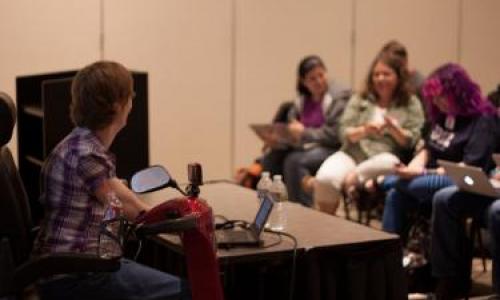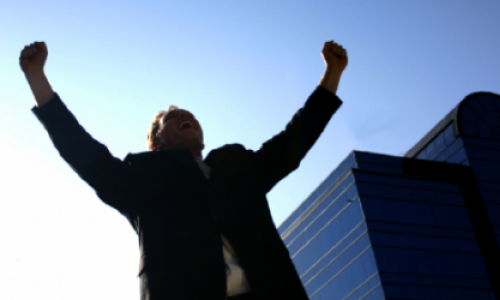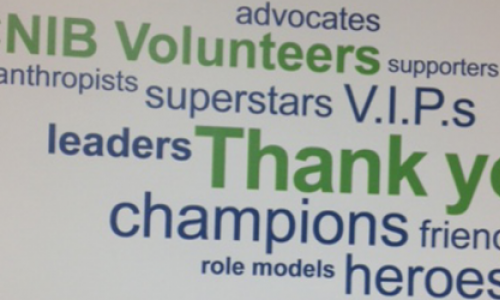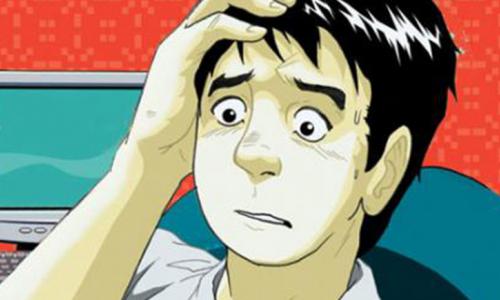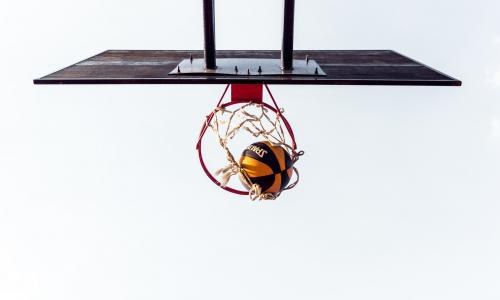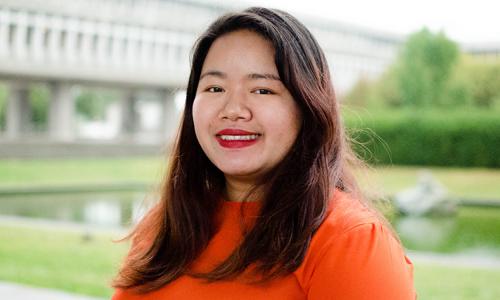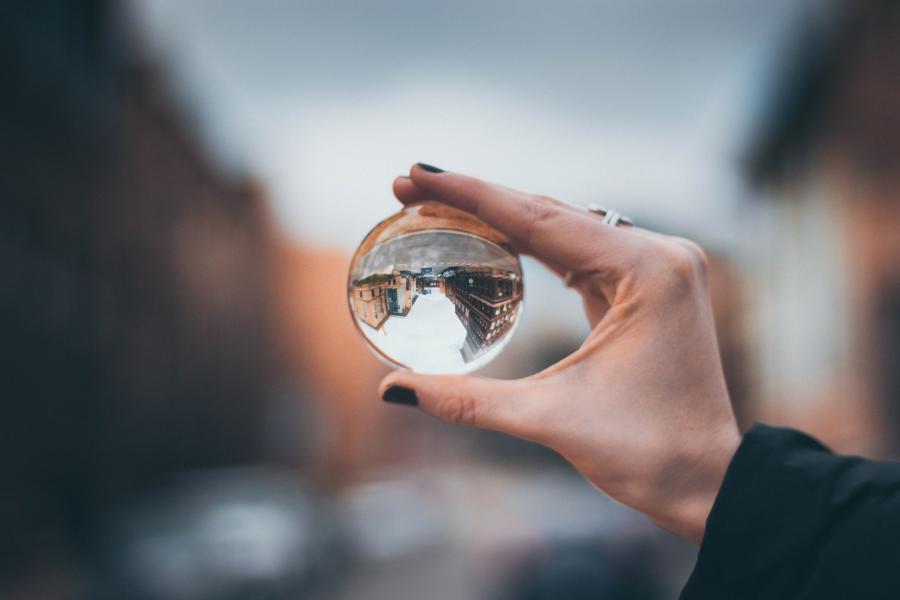
When I took Intergroup Relations, a psychology class that focused on privilege, I learned that there are multiple types of privilege, and I began to identify which privileged groups I belong to. I realized that I have class privilege because of my education and socioeconomic status, and Christian privilege because I follow Christianity and the majority of religious practices in the West are in line with Judeo-Christian beliefs. I also realized that the two types of privilege that I cannot have as an Asian woman are as someone who is white and male, meaning, among other things that the gender pay gap can impact me, while it wouldn’t affect others in this group.
But privilege is complicated since there are privileges that somebody may be granted even if they are not part of a particular group. For example, if somebody chooses not to disclose their sexual orientation, they may be granted the heterosexual privilege for appearing or dare I say posing, as a heterosexual even if they may not be heterosexual. Or in my case, if I were to disclose my status as a person with a disability, there are groups I may not have access to, and others that will welcome me.
Peggy McIntosh, a leader and scholar in discussions on power and privilege, describes privilege as existing “when one group has something of value that is denied to others simply because of the groups they belong to, rather than because of anything they’ve done or failed to do.”
Allan G. Johnson, who examines systems of privilege, difference and disability in our society, uses the phrase “nondisabled privilege” to refer to the privilege of not being “burdened with the stigma and subordinate status” given to those labelled as disabled. In Privilege, Power, and Difference, he points out that there are multiple examples of a privilege granted to those who are nondisabled:
-
“Nondisabled people can choose whether to be conscious of their disability status or to ignore it and regard themselves simply as human beings”
-
“Nondisabled people can live secure in other people’s assumption that they are sexual beings capable of an active sex life, including the potential to have children and be parents”
-
“Nondisabled people can assume that they will fit in at work and in other settings without having to worry about being evaluated and judged according to preconceived notions and stereotypes about people with disabilities”
-
“Nondisabled people are more likely to be given early opportunities to show what they can do at work, be identified as potential candidates for promotion, be mentored, be given a second chance when they fail, and be allowed to treat failure as a learning experience rather than as an indication of who they are”
-
“Nondisabled people don’t have to deal with an endless and exhausting stream of attention to their disability status. They can simply take their disability status for granted as unremarkable to the extent of experiencing themselves as not even having one”
-
“Nondisabled people can ask for help without having to worry that people will assume they need help with everything”
-
“Nondisabled people can succeed without people being surprised because of the low expectations of their ability to contribute to society”
-
“Nondisabled people can expect to pay lower prices for cars because they are assumed to be mentally unimpaired and less likely to allow themselves to be misled and exploited”
-
“Nondisabled people can assume that if they work hard and play by the rules, they’ll get what they deserve without having to overcome stereotypes about their ability status. They are less likely to be shuttled into a dead-end, menial jobs, given inadequate job training, paid less than they are worth regardless of their ability, and separated from workers unlike themselves.”
-
“Nondisabled people can assume that national heroes, success models, and other figures help up for general admiration will share their disability status.”
-
“Nondisabled people can assume that when they need to travel from one place to another, they will have access to buses, trains, airplanes, and other means of transportation”
-
“Nondisabled people are less likely to be segregated into living situations—such as nursing homes and special schools and sports programs—that isolate them from job opportunities, schools, community services, and the everyday workings of life in society”
-
“Nondisabled people don’t have to worry about their disability status being used against them when trying to fit in at work or whether teammates will feel comfortable working with them”
Even though there are multiple types of disabilities, and some of the above examples of privilege may not hold true for some forms of disability, it seems pretty clear that nondisabled privilege exists, and persons with disabilities face oppression that nondisabled people do not.
Johnson points out that oppression is the opposite of privilege such that “we won’t end oppression by pretending it isn’t there or that we don’t have to deal with it.”
So. How can you help? By acknowledging that nondisabled privilege exists. Having privilege does not make you a bad person and acknowledging this privilege will help those who are oppressed by the system.
Beyond the Blog
-
SFU’s Center for Students with Disabilities offers a wide range of services for students of all abilities.
-
Get involved with the Intergroup Relations and Social Lab at SFU
-
Read President Petter's Blog on World Mental Health Day and the efforts undertaken at SFU to raise awareness and reduce stigma for mental health issues.









